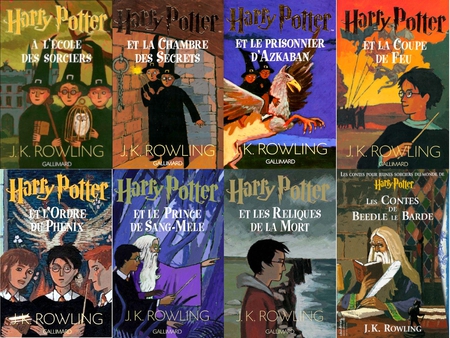Japanese cinema is an opportunity for us spectators. Unfortunately too little distributed in France, Japan is nevertheless an inexhaustible source of exceptional directors and films. Of course, the best known like Akira Kurosawa (The Seven Samurai, The Spider's Castle) or Hayao Miyazaki for animation have been able to cross the ages and export massively internationally. Nevertheless, it is difficult today to be able to see a Japanese film in theaters (except animation which has much easier thanks to the success of manga in France). Distribution problem perhaps. Anyway, we invite you to discover this week Invasion, a film by Kiyoshi Kurosawa that, be sure, will intrigue you…
Invasion tells the story of Etsuko, a young woman working in a textile factory. Following the sudden change in behavior of her husband and part of his entourage, she suspects an alien invasion organized by Makabe, her husband's new colleague. Between thriller and science fiction film, Invasion is the very good surprise of this week. Directed by Kiyoshi Kurosawa, this director certainly doesn't tell you anything but he is an ambitious and acclaimed director on the other side of the globe. Symbol of the revival of Japanese cinema, Kurosawa (who also has no connection with Akira Kurosawa) is a director whose work is gradually coming to us. He was particularly noticed at Cannes last year with his film Before we disappear. A filmmaker to discover and who will make you, be certain, discover a new style which, ultimately, is mainly based on the imagination.
A minimalist style at the service of a simple but brilliant scenario

Invasion is characterized by a particular style used by the director: minimalist SF. Totally opposite to the American style (with a lot of special effects, explosions etc.), Invasion is a movie where you won't see any spaceships or strange-looking invaders. Here, the aliens take the form of humans thus reinforcing the fear of the viewer who does not know who to trust and who does not see where the danger can come from. So we almost wonder how much the film cost…
Thus, no extravagant special effects and music little present but brilliantly used. A simple soundtrack with sometimes oppressive songs that are perfectly in tune with the tone of the film and the different scenes. We are caught in a complete tension that goes very well with this unique minimalism. An intelligent style that awakens in us an anxiety but which demonstrates above all that it is possible to make an excellent film of anticipation, science fiction with a minimum of material.
This tension is felt throughout the film which is based on a script that, although simple, is actually deeper and broader than the viewer can imagine. Indeed, if aliens invade Earth, it is to steal the concepts of Men. By stealing these concepts, they start a collection and get to know the beings they will gradually make disappear. And while it sounds strange, it's actually a brilliant idea on the part of the director. He defines the human, he categorizes him and reminds us that we are what we are in relation to our concepts, our values and how we interpret certain themes (fear, death, love …). In the end, the invaders want to take what makes our humanity. And if we look more closely at this, we can easily make a comparison with the complex situation that Japan is currently experiencing.
The director's intelligence
Faced with increasingly dangerous and invasive North Korea, Japan must confront and defend its values. Like the 1956 film The Invasion of the Burial Desecrators, which depicted the communists as "progressive" invaders, we can also make comparisons with the situation in Japan. This is more visible with lines from the film of the characters facing themselves and not knowing who to trust but especially that we must resist in the face of an enemy that attacks our ideals.
As for the style of the long-frame, it is very refined and once again in agreement with the music. A dark and grayish universe that also brings out very well the different sets of the film. But it seems that a treatment of colors has been carried out to further darken the atmosphere of the work with a gray but not dull whole, rather dark and tinged with mystery. It is the same for the lights always very intelligent, very thoughtful and which, at times, make it possible to detach the true from the false among the population. Finally, concerning the form, it seems (information to be checked in the making-of certainly) that the film was shot on camera film, giving the image a unique grain. A grain cleverly used in some scenes accompanied by news flashes to give an "end of the world" aspect to these scenes. It is for these thousand reasons that the film is brilliant as well as in its form and substance. It is political but does not neglect its image creating both a powerful and thoughtful film!
In the end, Invasion only fishes in its length. The film seems to drag on at times, certainly creating tension but can also lose the viewer. Despite this slight negative point, it is a film that is brilliant in so many aspects. The actors are all very good but the film stands out especially for its realization, certainly, simple but of a rare intelligence and which reminds us that Japan is a country of cinema and one of the greatest. Sometimes reminiscent of the style of Kore-Eda Hirozaku (After the Storm, Like Father Like Son), Kiyoshi Kurosawa charms and fascinates us with a sober but brilliant style and a brilliant script for a work that will hopefully find its audience in France. A film to discover and rediscover as it is complete and brilliant!






































